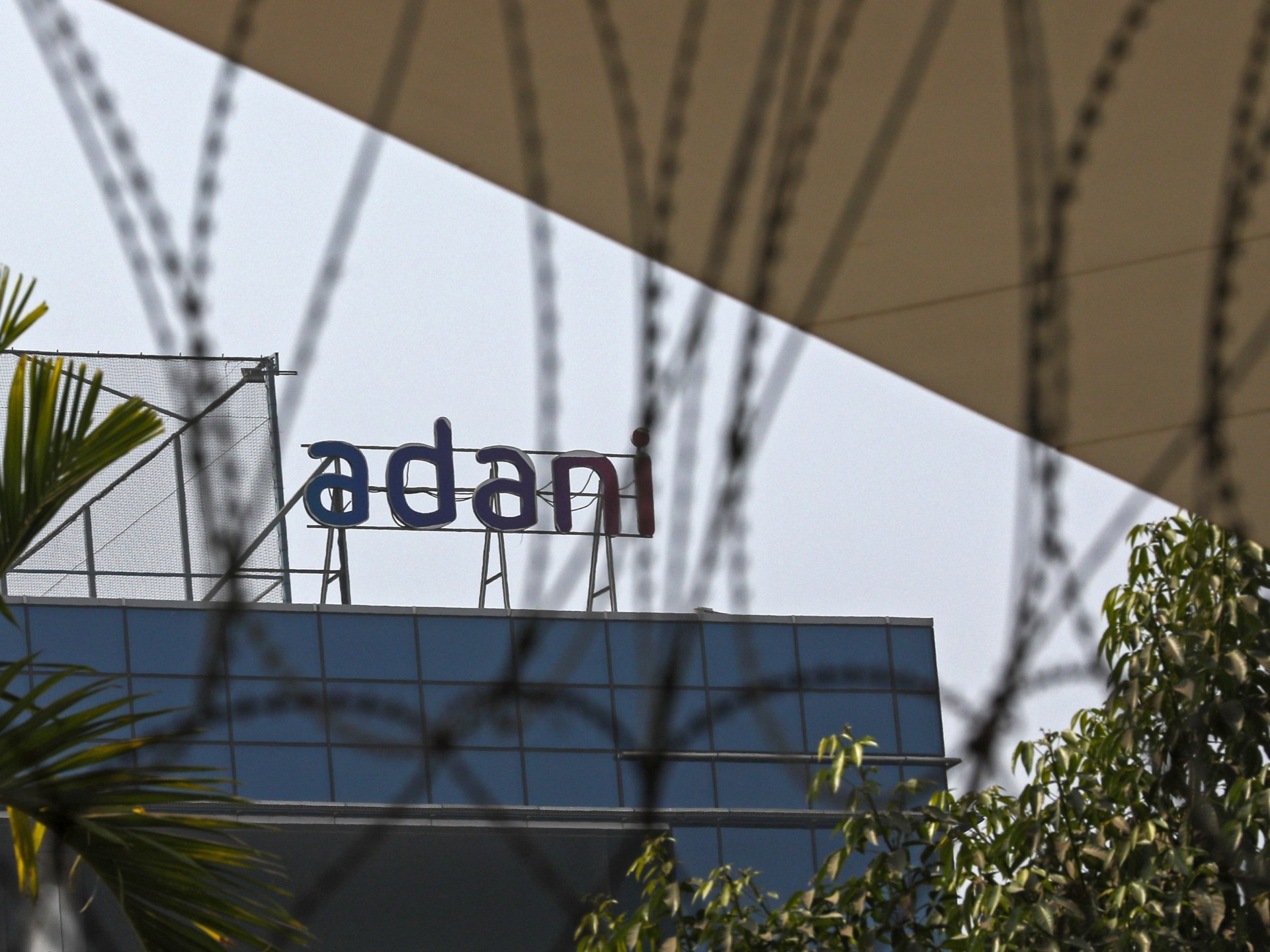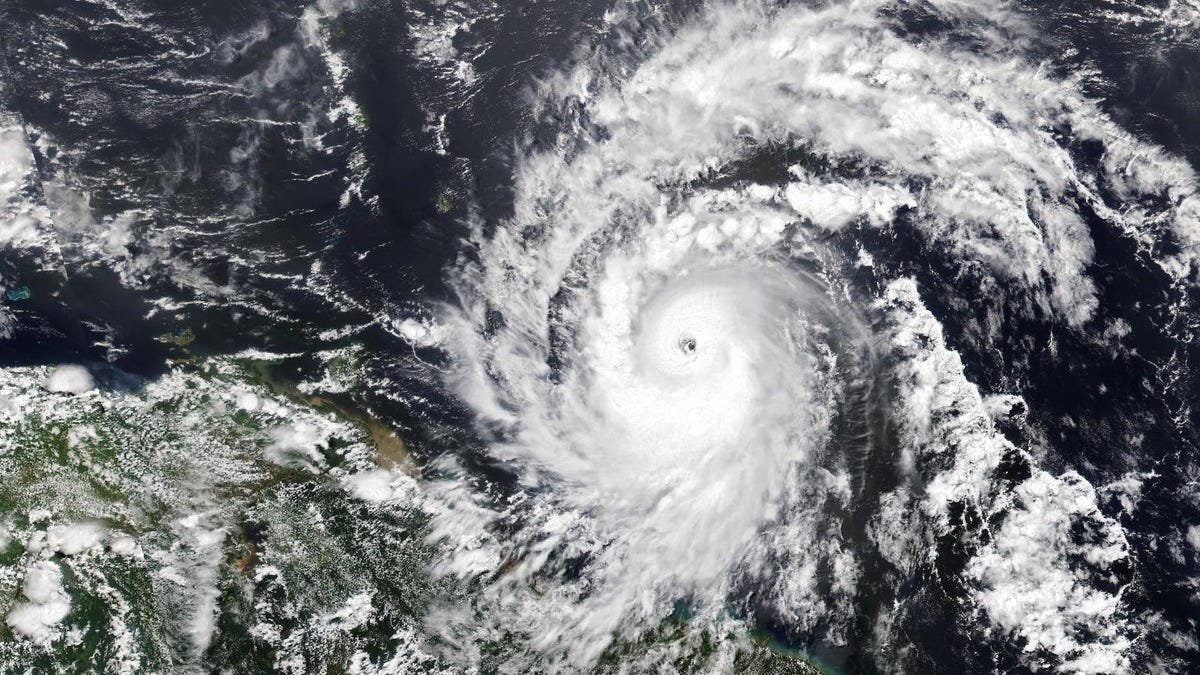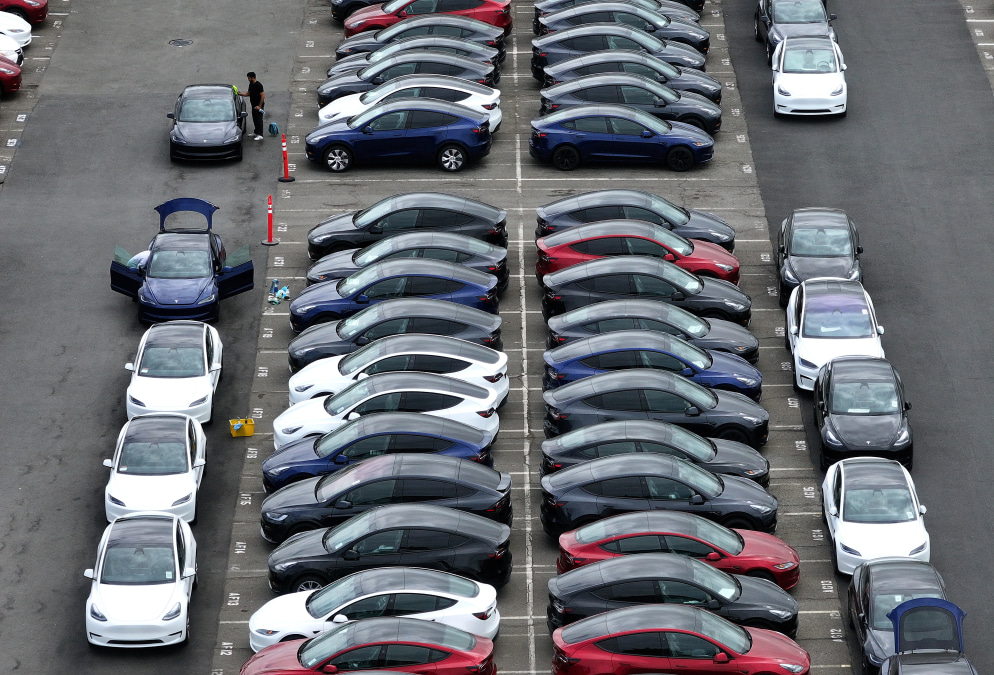Schools in Kitui County become citadels of environmental conservation
A Malawian proverb, “M’mera mpoyamba” literally translated as catch them while young is holding ground in Kitui County. In a remarkable display of commitment to environmental stewardship, the Alpha Generation in four primary schools in Kitui County is spearheading the tree-growing initiative aimed at turning around the fortunes of residents of arid landscapes. The young […] The post Schools in Kitui County become citadels of environmental conservation first appeared on KBC.

A Malawian proverb, “M’mera mpoyamba” literally translated as catch them while young is holding ground in Kitui County. In a remarkable display of commitment to environmental stewardship, the Alpha Generation in four primary schools in Kitui County is spearheading the tree-growing initiative aimed at turning around the fortunes of residents of arid landscapes.
The young learners are growing trees well aware of the region’s increasing potential to produce precious wood amid the promise to trade in carbon stocks once the required amounts are achieved. The Alpha generation, in four schools including; Makosi School, Mutomo School, Voo School, and Vote School, have made tree growing their mission.
The children who are organized into clubs, are on track to influencing their communities to grow trees, “ We are targeting to conserve the dry lands which are degraded and we have gone into schools and are encouraging young learners to embrace growing of trees in school and also at home,” says Beatrice Atemo the Conservator of Forests in the State Department of Forestry in the Ministry of Environment, Climate Change and Forestry.
The hunger to grow more trees is borne out of an urgent need to mitigate the negative impacts of climate change in vulnerable areas through the planting of local varieties of trees such as the improved Melia Volkensii or Mukau in the local Akamba language and Baobab.
“In schools we have the pupils, teachers and parents, and if all these people are capacity built on the importance of growing trees, then we expect the same to spread very fast in the community, as it is practiced at school and home, and as they grow they do so seeing the importance of growing trees and conserving the environment,” says Atemo and adds, “they will also grow knowing the importance of growing trees as an income generating venture.”
It was a mirage to even think of eating leaves from the Baobab tree, but in these schools; Makosi School, Mutomo School, Voo School and Vote School, that are in one of the harshest Arid and Semi-Arid Lands in Kitui County have embraced the Baobab, the tree has various benefit key among them is that the leaves are a source of vegetables.
“We wondered how this is possible, but when the people from KEFRI AND JICA came and showed us how to prepare the baobab leaves, we embraced it,” said Joseph Mongusu and added, “the parents were called to taste and they agreed that it was delicious, and that is how we started the nutritious school lunch program.”
As the carbon market continues to grow, the plantations forest plantations being grown by the young people in schools will soon accumulate the much needed carbon stocks. “The baobab is a wonder tree because it has both conservation and commercial benefits,” says Atemo.
A feasibility study is being undertaken by the Japan International Cooperation Agency (JICA) in conjunction with the Kenya Forest Research Institute on the viability of the carbon stocks absorbed by the growing plantation of both Mukau and Baobab trees in the four schools.
“When you start the carbon project, the afforestation project, make sure that the areas is not forested, you cannot register an area that is already forested,” says Yasuko Inoue, An Expert on Forest Policy at the Japan International Cooperation Agency (JICA) and add, “It can be certified by the certification bodies.”
Yasuko says that at the moment Kenya and Japan have a joint crediting mechanism, but there are no afforestation guidelines, but notes that there companies that have shown interest in the carbon project.
The ASALs cover approximately 80% of the land area, they are also areas known to be low potential, however, JICA and KEFRI, chose to utilize this opportunity to create opportunities for afforestation where none existed, by embarking on a program to improve and to plant indigenous tree species that are highly tolerant to limited hydrological conditions.
The post Schools in Kitui County become citadels of environmental conservation first appeared on KBC.
What's Your Reaction?


































/cdn.vox-cdn.com/uploads/chorus_asset/file/23954784/acastro_STK126_paramountPlus_04.jpg)
/cdn.vox-cdn.com/uploads/chorus_asset/file/24182143/226402_Android_Smartwatch_Buyers_Guide_WJoel.jpg)
/cdn.vox-cdn.com/uploads/chorus_asset/file/24794332/1Z8A9823.jpg)



















































































